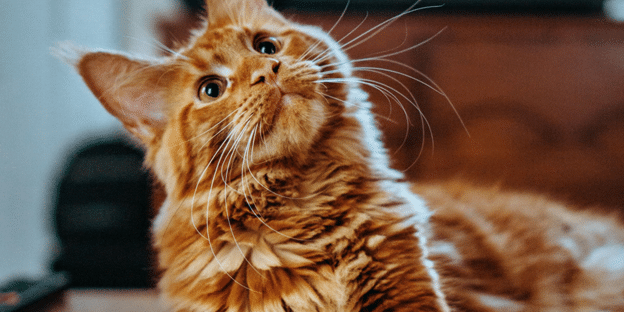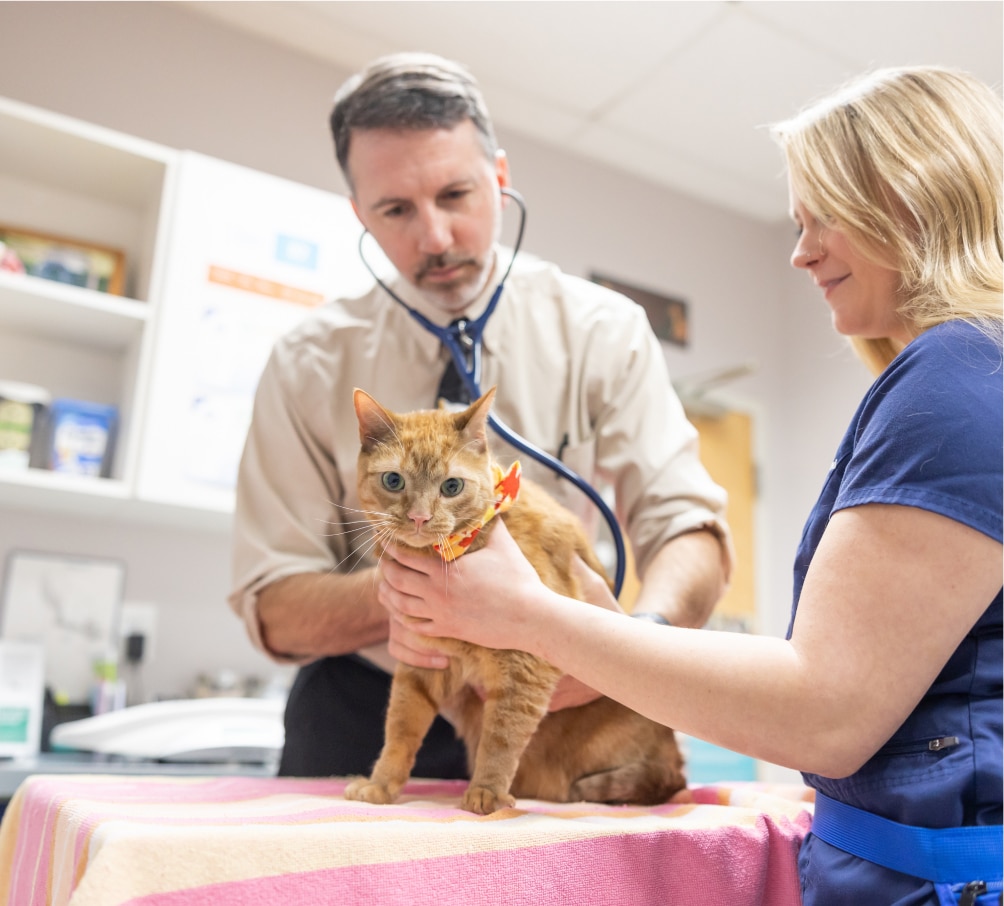If your cat is a big fan of food, you may have noticed him sporting a few extra pounds. While this extra weight is certainly adorable, feline obesity can cause health issues if left ignored. These include a weakened immune system, diabetes, osteoarthritis, bladder stones, cardiovascular disease, arthritis, anesthetic complications, and more.
What Causes Obesity in Cats?
Indoor cats are at the highest risk to be overweight, as well as those aged between 8 and 12. Other factors include the breed, lifestyle, and underlying health issues.
For example, if your cat does not play with other cats, they have less opportunity to exercise. If they have arthritis, movement might be painful, so your cat might prefer lounging.
In addition, neutered cats tend to have a stronger appetite and lower calorie requirements than their unneutered companions. That being said, diet is often the biggest factor in the health and weight of pets.
Dry food is convenient, but it is high in carbs and low in proteins. Vets recommend a diet composed exclusively of wet food, when possible. Excessive treats are another culprit for increased weight.
Finally, excessive or inaccurate feeding can cause obesity.
Signs Your Cat Is Overweight
When a cat is 10% to 20% above their ideal body weight, it is considered overweight. Past 20%, he is considered obese.
The ideal body weight is different for every cat. However, most healthy cats weigh between 10 and 15 pounds. You should be able to feel their ribs and bones when you lightly press on their skin.
Your vet can recommend the healthiest and most accurate goal weight for your furry friend.
Along with their fluffier appearance, your cat may present some other symptoms of obesity, including:
- Difficulty jumping, climbing, or traversing stairs
- Reluctance to play and move around
- Changing positions slowly
- Discomfort wearing collar or collar too tight
- Dirty fur, especially around the backside
- Digestive issues
How to Help Your Cat Lose Weight
Your vet can help you find solutions for your cat’s weight problem. They will typically recommend a diet that is low in carbohydrates and fat, with higher amounts of protein and insoluble fiber. This will likely involve introducing more wet canned food into their diet.
Keep in mind that suddenly changing your cat’s food type can cause gastrointestinal upset. Phase in the new diet by mixing in a small amount with the old food type. Through the course of a week or so, gradually increase the new food type and decrease the old type.
Some folks fill the pet bowl and leave it out all day. If your cat eats through the food quickly, then begs you for more, you may consider switching to smaller portions throughout the day. Big cats that eat the food meant for others might have to be fed separately.
Be strict with portion control, no matter how much they bug you for an extra serving. In addition, make sure the amount you feed the cat is consistent between household members.
You can also help your pet lose weight by engaging him in play and exercise. Try to find highly reinforcing toys that stimulate your pet. If he is reluctant to engage, try again every hour or so.
Veterinary Services for Cats in Frederick, MD
If you suspect your cat is at risk of obesity, call Old Farm Veterinary Hospital. Our knowledgeable and friendly veterinarians can give him a check-up and develop a plan to help him reach a healthy weight.
We also offer state-of-the-art diagnostic testing to detect any secondary issues caused by obesity. Schedule your appointment today!



